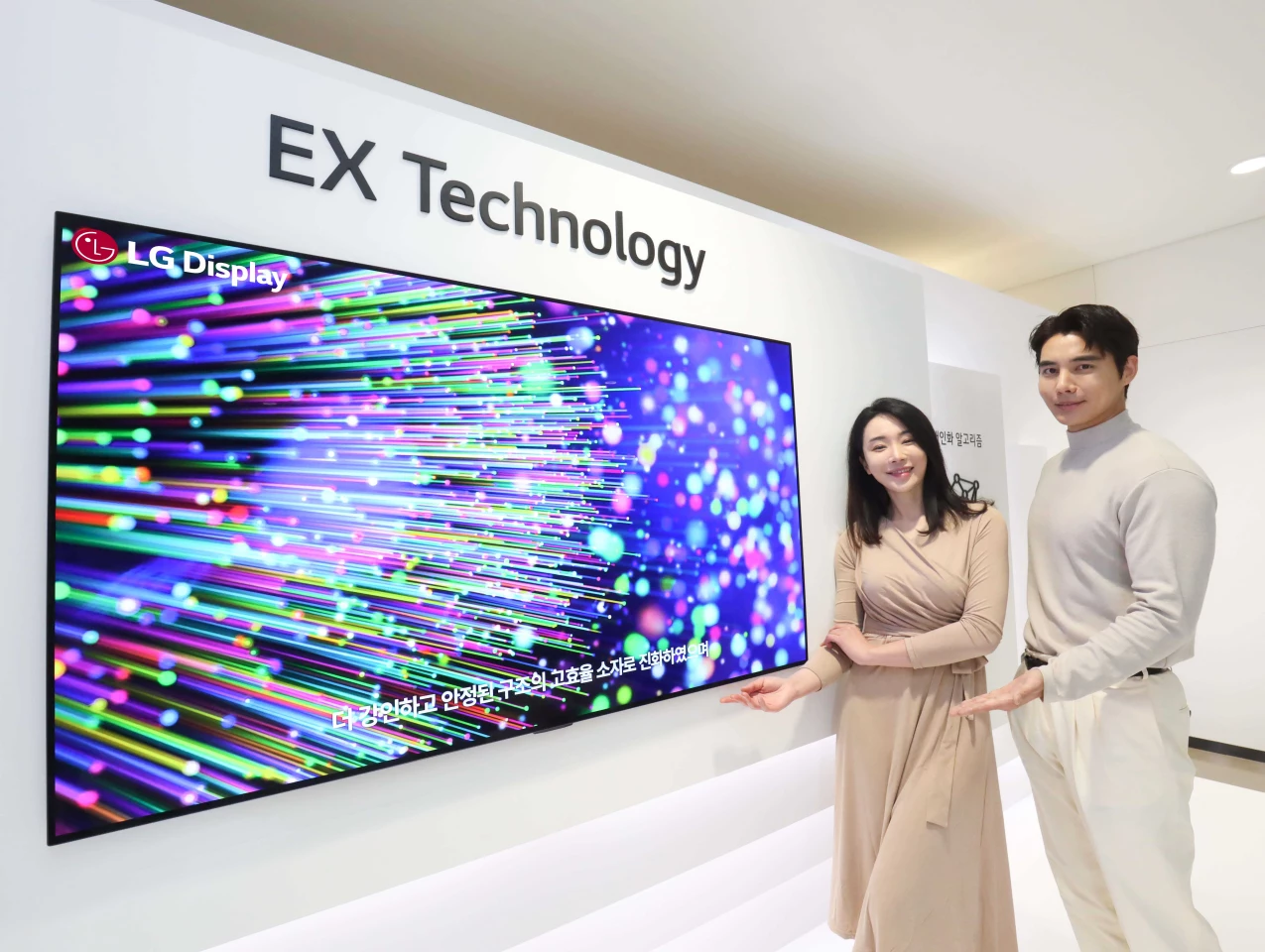LG Display has announced the development of a new TV panel technology called OLED EX that's claimed to boost brightness by up to 30 percent compared to other OLED technologies for improved picture quality on big-screen TVs.
The company started mass manufacture of OLED TV displays back in 2013, and has since recorded accumulated global sales of 20 million.
"Despite the global TV market experiencing a 12 percent decline this year, we still observed a 70 percent growth in OLED sales," said LG Display's Dr. Oh Chang-ho. "With our new OLED EX technology, we aim to provide even more innovative, high-end customer experiences through the evolution of our OLED technology, algorithms and designs."
Each pixel in an OLED display panel emits light independently, without needing separate backlighting, and the tech can already deliver eye-popping colors and detail. The new technology is an acronym of "Evolution" and "eXperience" and is reported to offer "the perfect black, rich and accurate color expression as well as an extremely fast response time."

Details like color accuracy, contrast and so on have not actually been shared but we do know that the company has managed to exchange the hydrogen elements in OLEDs for deuterium – a stable isotope of hydrogen, which is extracted from water. Some machine learning algorithmic magic has also been worked in to control the amount of energy a display uses "to more accurately express the details and colors of the video content being played."
LG Display's OLED EX technology not only makes for enhanced brightness "to accurately deliver exquisite, realistic details and colors without any distortion," but has also allowed the company to reduce a 65-inch panel's bezel thickness from 6 mm down to 4 mm for more screen and less border.
All OLED TV displays manufactured at production plants in Paju (South Korea) and Guangzhou (China) from the second quarter of 2022 will feature OLED EX technology, so we won't have too long to wait before feasting our eyes on the results of the company's development.
Source: LG Display





